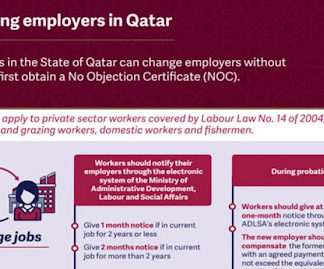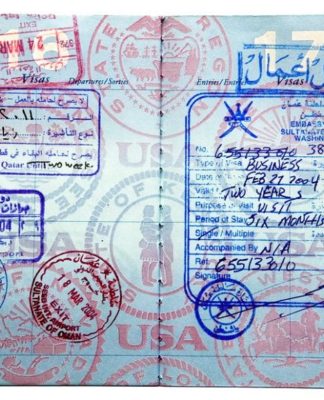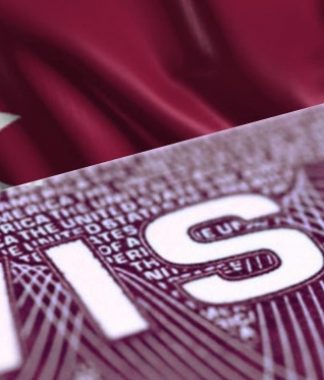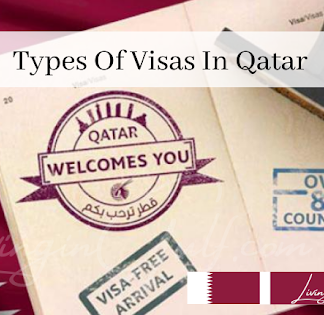The UAE reiterates its claims that the court does not have jurisdiction to hear the case
Abu Dhabi’s lawyer claims that the procedures against citizens of Qatar are not discrimination
The claims of the Emirates team violate the provisions of the international treaty
Qatar has enough evidence to be able to win the legal battle
Preventing Qataris residing in the UAE from exercising their rights from racism and discrimination
Abu Dhabi has failed to take measures to prevent discrimination against Qataris on its soil
The Court of Justice awarded Qatar a significant victory in a conflict-related case
Today, the State of Qatar begins its pleadings before the International Court of Justice in the case against the United Arab Emirates related to the latter’s violation of the Convention against All Forms of Racial Discrimination.
The State of Qatar is officially represented before the court by a team of legal experts led by Dr. Muhammad bin Abdulaziz Al-Khulaifi, head of the legal team, and the Dean of the College of Law at Qatar University.
According to the schedule of the hearings, Qatar will present its arguments in the first round, today, Wednesday, September 2, 2020, from 3 pm until 6 pm, and in the second round, Monday, September 7, 2020, 3 pm-4:30 pm.
The Qatari pleading sessions come today in response to the initial objections made by the UAE regarding the lack of jurisdiction of the court to consider the Qatari request.
The court sessions continue, and after hearing the Qatari pleadings, it issues its decision on the UAE objections that it raised over a period of two days, and then the court turns the case to the stage of issuing the ruling.
On April 29, 2019, the UAE raised objections claiming that the court has no jurisdiction in the case and that Qatar’s request is unacceptable to consider its matter and that the UAE has not violated its international obligations.
Duplicate allegations
The UAE repeated its claims that the court did not have jurisdiction to hear the case, and its defense team claimed that the International Court of Justice in The Hague had no jurisdiction to hear a case brought by Qatar against it, accusing Abu Dhabi of violating an international agreement to combat discrimination.
Regarding the boycott, UAE lawyer Abdullah Hamdan Al-Naqbi tried before the court to deny the charge of racial discrimination from his country, claiming that the measures against Qatar “have nothing to do with racial discrimination”.
He added that Qatar calls for the application of the 1969 United Nations Convention on the Elimination of All Forms of Racial Discrimination, and that the UAE’s actions are not racial discrimination.
Violation of the treaty
The claims of the Emirates team violate the provisions of the treaty that includes a clause requiring resorting to the International Court of Justice in the event of any dispute over its interpretation or application, and one of the parties may refer the dispute to the court, as it contains more than 300 treaties and agreements such as this clause.
It is also possible to resort to the court by virtue of a unilateral declaration, in which it recognizes the mandatory quality of the court’s jurisdiction in relation to any other state that accepts the same obligation.
The State of Qatar and the UAE agreed to the jurisdiction of the International Court of Justice under Article 22 of the Convention on the Elimination of Racial Discrimination to decide on disputes related to the Convention.
The two countries also recognized that the United Nations Charter is based on the principles of dignity and equality inherent in all human beings, and that all member states have pledged to take collective and individual action, in cooperation with the organization, in order to realize one of the purposes of the United Nations, which is to promote and encourage universal respect and observance of human rights and fundamental freedoms for all people. Without distinction of race, gender, language or religion,
And “racial discrimination” is any distinction, exclusion, restriction, or detail based on race, color, descent, or national or ethnic origin that aims or entails disrupting or obstructing the recognition, enjoyment or exercise of human rights and fundamental freedoms on an equal basis in the political field. Or economic, social, cultural, or any other field of public life.
The measures taken by the UAE were in violation of the International Convention on the Elimination of All Forms of Racial Discrimination, including discrimination on the basis of nationality, as stipulated in the three paragraphs of Article 1 of the Convention.
According to the agreement, the UAE was obligated to not encourage, protect or support any racial discrimination made by any person or any organization on its territory against Qatari citizens, whether in education, health, business or property, which are damages to many Qataris residing in the Emirates after the blockade of Qatar.
Incitement against the Qataris
The UAE should have taken effective measures to review the government policies that several Emirati institutions have taken against the Qataris, and to amend, cancel or revoke any laws or regulations that lead to the establishment or perpetuation of racial discrimination, which was not taken by Abu Dhabi, as confirmed by the complaints received by the committee National Human Rights.
Under the agreement, the UAE should have condemned all propaganda and organizations based on ideas or theories that say the superiority of any race or any group of one color or ethnic origin, or that attempt to justify or reinforce any form of racial hatred and racial discrimination, and pledge to take immediate positive measures It aims to eliminate all incitement to this discrimination and every act of its actions, but criminalized communication with Qataris and prevented them from exercising their rights and enacted laws that prevent its residents from sympathizing with their families in Qatar without regard to family communication and the family and family relations that unite many citizens in Qatar, the UAE, Bahrain and Saudi Arabia .
The right to justice
The UAE violated the convention prohibiting and eliminating racial discrimination in all its forms, and guaranteeing the right of every person, without discrimination on the grounds of race, color, or national or ethnic origin, to equality before the law, especially with regard to the enjoyment of the following rights:
The right to equal treatment before the courts and all other bodies that administer justice.
The right to security for his person and for the state to protect him from any violence or bodily harm, whether by official officials or by any group or institution.
Other civil rights, especially the right to freedom of movement and residence within the borders of the state, the right to leave any country, including his own, to return to his country, the right to enjoy public health services and medical care, the right to education and the right to return to national courts and other state institutions The competent authority to protect it and lift its injustice effectively in connection with any act of racial discrimination that violates its human rights and fundamental freedoms.
By signing the agreement, the UAE also pledged to take immediate and effective measures, especially in the fields of education, education, culture and information, with a view to combating prejudices that lead to racial discrimination and promoting understanding, tolerance and friendship among nations, which it did not do towards Qatari citizens.
Qatar will win its battle
Qatar has enough evidence to be able to win the legal battle in the end, knowing that the rulings of the International Court of Justice are binding on all parties that file cases with it.
It should be noted that the case was filed by the State of Qatar as a result of the discriminatory measures imposed by the United Arab Emirates in June 2017 in a joint decision with Saudi Arabia, Bahrain and Egypt, and the four countries imposed an illegal land, sea and air blockade on the State of Qatar as part of a campaign of political and economic coercion.
On June 11, 2018, the State of Qatar filed a lawsuit against the UAE before the International Court of Justice. On the same day, I also asked the court, as a matter of urgency, to indicate temporary measures to protect Qatar and Qatari citizens from the racial discrimination imposed by the UAE, and specifically on families, students and property owners in the Emirates, and this is what prompted Qatar to initiate the trial procedures, because it firmly believes that Human rights violations arising from the behavior of the United Arab Emirates fall under the provisions of the International Convention against All Forms of Racial Discrimination.
On July 23, 2018, the International Court of Justice issued an urgent ruling in favor of Qatar, approving a number of temporary measures requiring the UAE to guarantee family reunification for Qatari – Emirati families, the right to education and access to court platforms.
On March 22, 2019, the United Arab Emirates submitted a similar and urgent request for the court to approve a set of interim measures in order to preserve what it called its procedural rights until the court issues its final decision on the subject matter of the case. On June 14, 2019, the court overwhelmingly rejected the UAE’s request.
The International Court of Justice, the United Nations ‘highest court for interstate disputes, gave Qatar a significant victory in a case related to the ongoing dispute over the boycott when it ruled in July that the United Nations’ International Civil Aviation Organization (ICAO) had jurisdiction to settle the dispute over the airspace closure. to Qatar.




















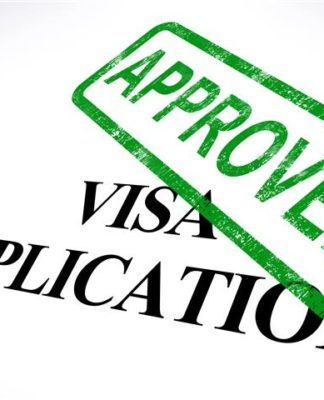

 EU Total Shock: U.S. to ABANDON EU, Wants Russia in G7, Demands $500B in Resources
EU Total Shock: U.S. to ABANDON EU, Wants Russia in G7, Demands $500B in Resources